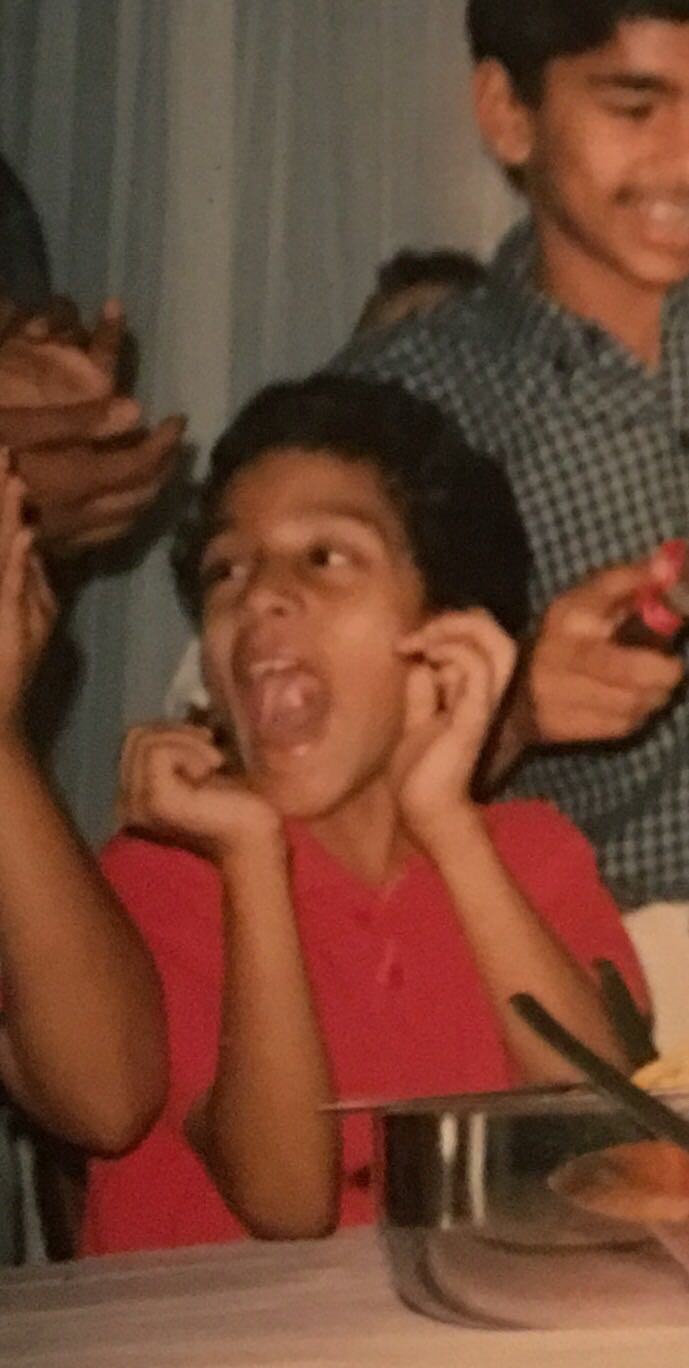"I learned of Trump threatening to eliminate access to US citizenship through birthright while
PTC advisor and German Chancellor's Fellow, Sailesh Naidu, reflects on Trump's latest efforts to obstruct immigration, recalling America's long history of racist legislation and reflecting on the impact it has had on his own life.
My father emigrated to the United States in 1978 shortly after the Immigration and Nationality Act of 1965 that effectively removed the quota systems that were in place that prioritized people with European decent to emigrate to America. It’s odd to think about how legislation that was created nearly 20 years before you were born still impacts your life today, how if it weren’t for the erasure of some numbers in whatever immigration database that was kept at the time my life (or even my birth) would have a radically different face.
I learned of Trump threatening to eliminate access to US citizenship through birthright while I was lifting weights at the gym. It popped up on my Facebook feed and I didn’t even have to click into the article to understand what it meant. I was angered, but not surprised. I was not surprised because in the history of US immigration policy, I knew I benefited from a small window where the US was not explicitly racist.
From the 1790 Federal Naturalization Law which limited citizenship of a foreign-born person being white only.
To the fact that US born blacks only received citizenship in 1866 after the Federal Civil Rights Act and after the passing of the Fourteenth Amendment Citizenship Clause.
Or in 1882 with the Federal Chinese Exclusion Act.
And the Immigration Act of 1917 that limited legal migration to a list of countries whose population was deemed assimilable.
Or the Supreme Court case against Bhagat Singh Thind, a Punjabi immigrant from India who married an American woman, became a U.S. citizen and served for a time in World War I. The Court deemed Indians can not be considered “white” and Thind was stripped of his citizenship.
Also the Johnson-Reed Act in 1924 that created a Federal quota system for immigrants coming to the US, and limited the number of immigrants who can come from each country, prioritizing those from Northern Europe. This was not repealed until 1965, 13 years before my father emigrated to the United States.

I was born close to 20 years after the repealing of the Johnson-Reed Act and spent my life growing up in America trying to navigate the trapping of being queer, immigrant, and brown in a society that has never, in it’s history, really wanted me there. What stood out to me was this notion of what was considered my birthright. This idea that to be born in a land somehow gave a person more of a right to exist. I have been fortunate to carry US citizenship with me through the world and all the privilege that comes with it. But I would like to believe that my birthright extends beyond the limitations of what the fictional boundaries of a nation state provides me. That my birthright is to live in this world and to be free from harm, to wake up everyday and to know I am safe, to create, to self-actualize, to be myself. Growing up in America, what was granted to me as a birthright of citizenship did not afford me a birthright to my own humanity. It did not eliminate the racism that has always been embedded in American society.
The legality of Trump’s initiative is constitutionally dubious at best. But Trump is not about legality; he drives at an underlying sentiment that has always permeated America. He attaches his arguments not to constitutional principle but to the undercurrent of racism that enables these structures to exist. The problem with debating the legality of Trump’s claim is that you have to accept the premise of his argument, that the birthright of citizenship somehow dictates the access one has to their humanity. I for one will not be denied mine. I will not assume that my right to live free on this planet was given to me by nationhood. Trump will clog our legal system with arguments that will justify and enable our racist superstructures - this happened before and it is happening again. And I will live my life free being a queer, brown, immigrant.
*** This article was originally posted on Medium, a community blog platform. All photos courtesy of Sailesh Naidu***
Tags:

